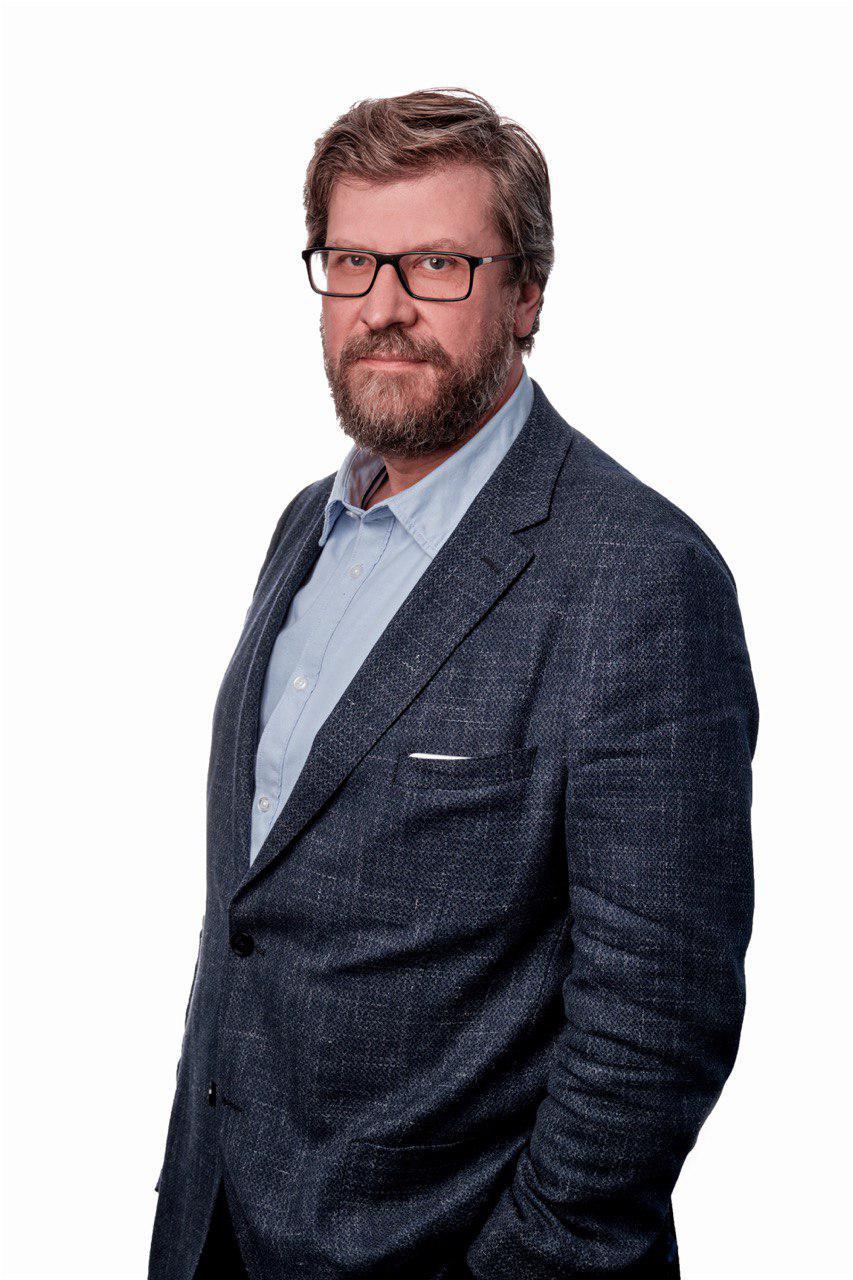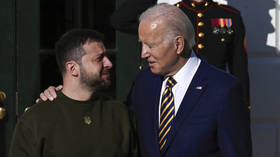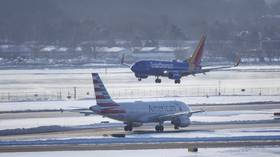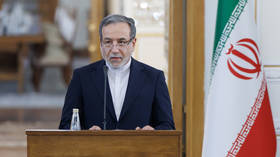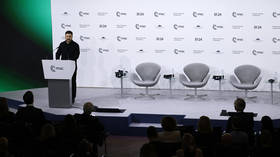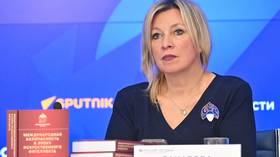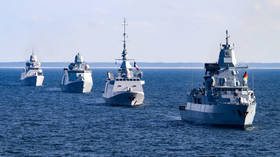Fyodor Lukyanov: Why the Russia-Ukraine conflict is existential for both sides
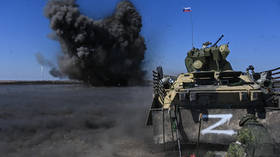
The year 2022 turned everything inside out. With the benefit of hindsight – having overcome the shock everyone experienced in February, when Russian troops entered Ukraine – it’s not that difficult to explain how it came about. And even how it could not have been otherwise. Also, after a full ten months, it is pretty clear why the campaign did not go as planned.
The latter is probably even a positive thing. The façade crumbled, exposing the frame. It was not quite as imagined. Some structures thought to be load-bearing had surprisingly sagged. Others, suspected of being unreliable, stood up stronger than had been thought. There are fewer illusions, though the information machine works to maintain them. But this is basically by inertia. The need for a radical renewal of the architecture is obvious.
The Ukrainian landmine was laid when the Soviet Union collapsed. The grim realists knew from the outset that the separation of what had long been a single space – where it was almost impossible to draw a natural boundary – would not be possible. In Russia, as at the bottom of a peat bog, disagreement with the loss of territories of defining cultural and historical significance was smoldering. In Ukraine, radical nationalists lamented that independence came ‘cost-free’ and believed that nations are born in wars. The extremes have now converged.
Russia took up the Ukrainian issue when it became central to the world order. Although it may have been the other way round – it became so important because Russia tried to solve it. The tipping point was probably former President Viktor Yanukovich’s decision on whether to tilt West (to the EU) or East (towards the EEU), back in 2013.
The two divergent positions are now firmly entwined. And our country faces fierce resistance, because of the desire of the neighboring state to defend its identity, and the readiness of Western grandees to sacrifice this very nation to put Moscow in its place.
However, Russia voluntarily submitted itself to this stress test, and its future depends on the outcome. At this juncture, it is no longer possible to reverse course.
Furthermore, the uncertainty of the objectives of the ‘special military operation’ reflects the overarching nature of the challenge. The goals won’t be fully understood until the end, because they won’t be apparent until that comes to pass.
The peculiarity of the modern world is that there is no such thing as an outright victory. This is the main paradox here – war has returned as a form of state relations, but it does not involve a clear outcome in the classical sense. This dramatically complicates the nature of competition and makes it inherently non-linear. And its result is thus ‘hybrid’, with the decisive factor the endurance and resilience of states under the volley of different blows that abound in the unpredictable international environment.
The Russia-Ukraine conflict has become a clash for self-determination for Russia as much as for Ukraine. In the literal sense: as in who we are. While Ukraine’s self-determination is similar to examples from the history of nation-state building, in Russia the situation is far more complex.
Many of the concepts from the past will not pass the test of this collision. Outright archaic positions are unsustainable in today’s global conditions, even if it seems that the world has turned backwards. But postmodern imitation will no longer work either. It’s too real and tragic. "No mere recital from the actor, but earnest loss he must reveal,” to quote the writer Boris Pasternak, in his poem ‘I Should Have Known that this Would Happen’.
The year between the thirtieth anniversary of the collapse of the USSR (December 2021) and the centenary of its creation (the last week of 2022) has become an amazing portal into eternity. The eternal existential questions that our country has faced time and again throughout its history are once again relevant. The world order can wait.
